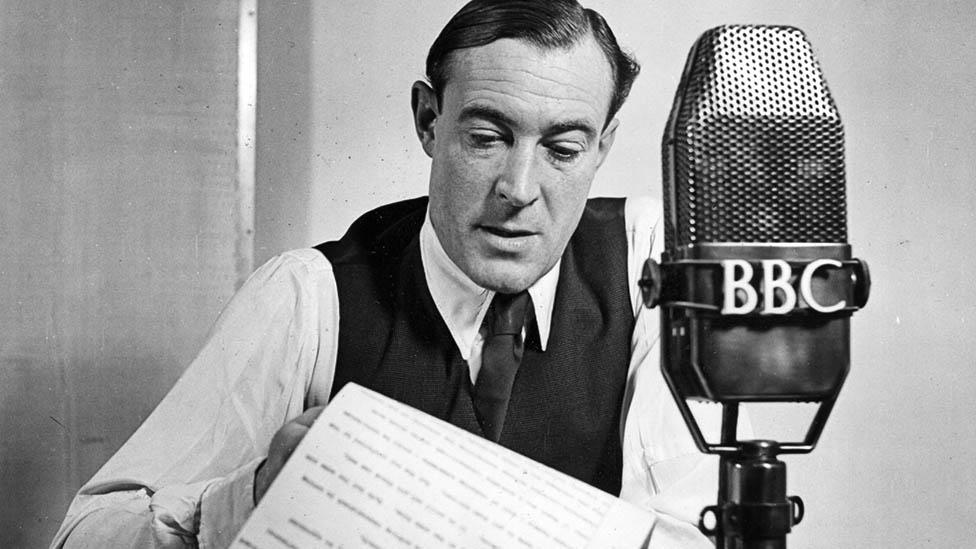BBC stuck in TV and radio era without digital plan - MPs committee
- Published
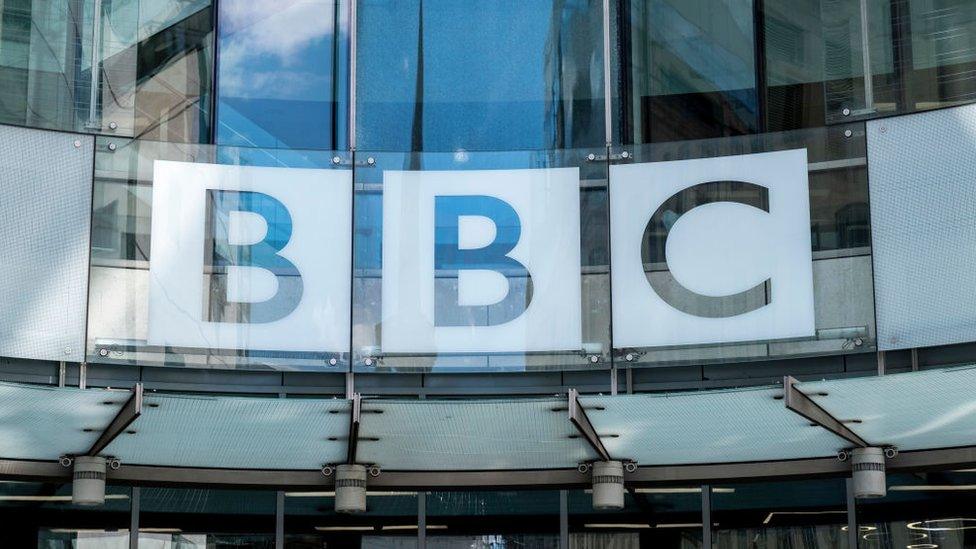
The PAC said regulatory and funding uncertainties were making the BBC less competitive in a rapidly changing global marketplace
The BBC is stuck in a "yesteryear" of TV and radio without a plan for delivering its services in a digital future, according to a report by MPs.
However, the Public Accounts Committee also cautioned against the corporation moving too quickly towards internet-only broadcasting.
It warned against excluding those who cannot access digital services due to a lack of broadband coverage.
BBC director general Tim Davie expects a switchover to digital from the 2030s.
A spokesperson for the BBC said they have made significant progress and continue to build plans for a digital-first BBC.
The MPs' report said the BBC was performing well when compared to rivals like Netflix, which do not have a public service obligation.
But regulatory and funding uncertainties were making it less competitive in a rapidly changing global marketplace, it added.
The MPs said the patchy rollout of broadband - and variable speeds across the country - could also hinder the BBC's long-term digital plans.
They raised concerns about the detail of the corporation's plans, questioning whether investing £500m annually by 2025 would be enough to achieve its ambitions.
And they called for clearer financial plans outlining which services would close and what would happen if it did not make the savings needed to reinvest in digital development.
However, the report also pointed to the decision to close BBC Three as a linear TV channel in 2016, making it only accessible online.
It said its return to regular TV six years later proved that the corporation had "moved too soon and audiences did not follow".
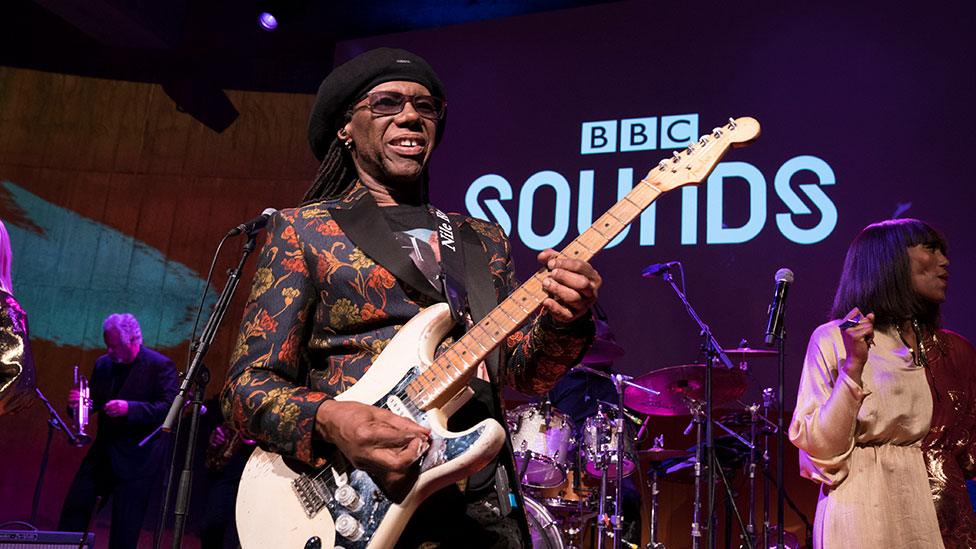
Nile Rodgers performed at a the launch of BBC Sounds in 2018
Dame Meg Hillier, the Labour MP who chairs the committee, said the BBC needed support from the government.
"The BBC has a careful and difficult balance to strike here - it has committed to an internet-only future by the 2030s but knows it is essential that there are ways for people, especially children and others who cannot or do not easily access the internet, to access its services," she said. "Licence fee payers must be able to keep our options open.
"The BBC is being held back in a yesteryear of TV and radio by uncertainty over funding and regulation, and by the DCMS [Digital, Culture, Media and Sport] department's constant delays and down-scaling of national fast broadband rollout plans.
"The BBC fulfils an essential public service function - it must have the planning, resources and wider infrastructure support to do so."
Although traditional BBC television and radio is still hugely popular, more people are choosing to use online services like iPlayer and Sounds every year.
Some work is already taking place to prioritise digital, with the corporation outlining plans to stop airing CBBC, BBC Four and Radio 4 Extra on linear TV and radio.
They will move on to digital platforms, though the move will not happen for at least two years.
Moves to cut BBC local schedules and create more digital jobs outside the larger regional and national bases are also under way, despite opposition from local politicians and the National Union of Journalists.
Budget cuts have also hit the BBC's classical music performing groups, although plans to close the BBC Singers have been paused.
A BBC spokesperson welcomed the committee's report and its recognition that iPlayer and Sounds were performing well.
They added: "We have made significant progress and continue to build plans for a digital-first BBC, which includes working with the industry and government to ensure no audiences are left behind as changes are made.
"We have detailed plans covering many of the topics raised and look forward to engaging further with the committee."
Related topics
- Published31 March 2023
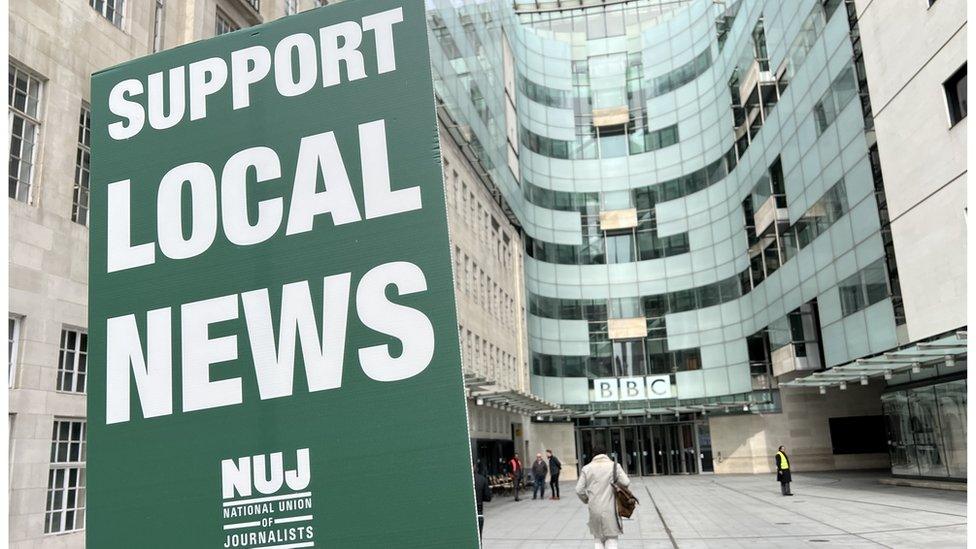
- Published14 July 2022
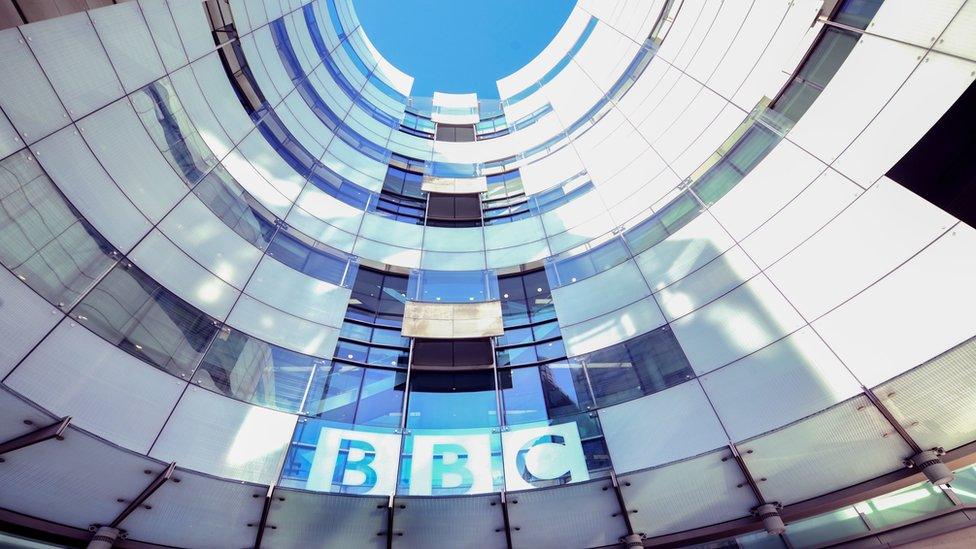
- Published26 May 2022
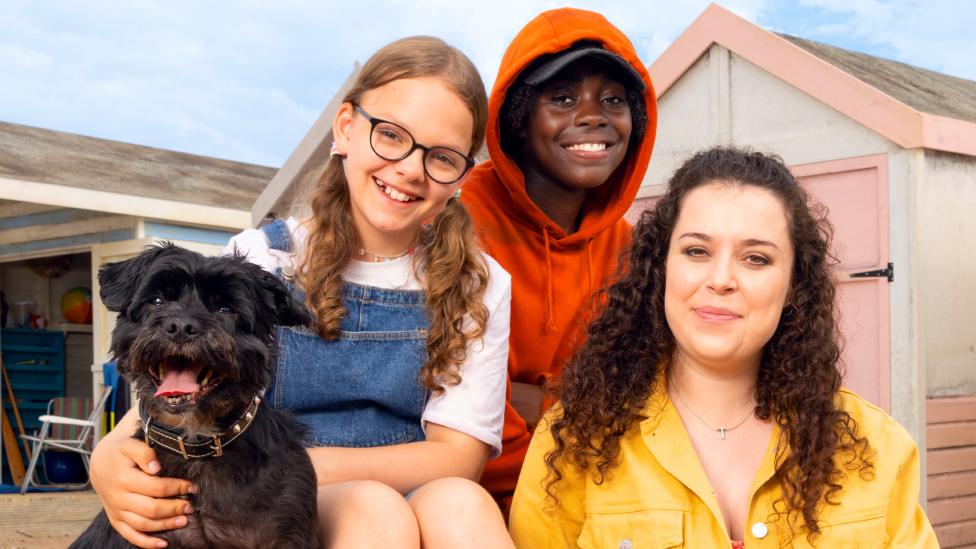
- Published18 October 2022
